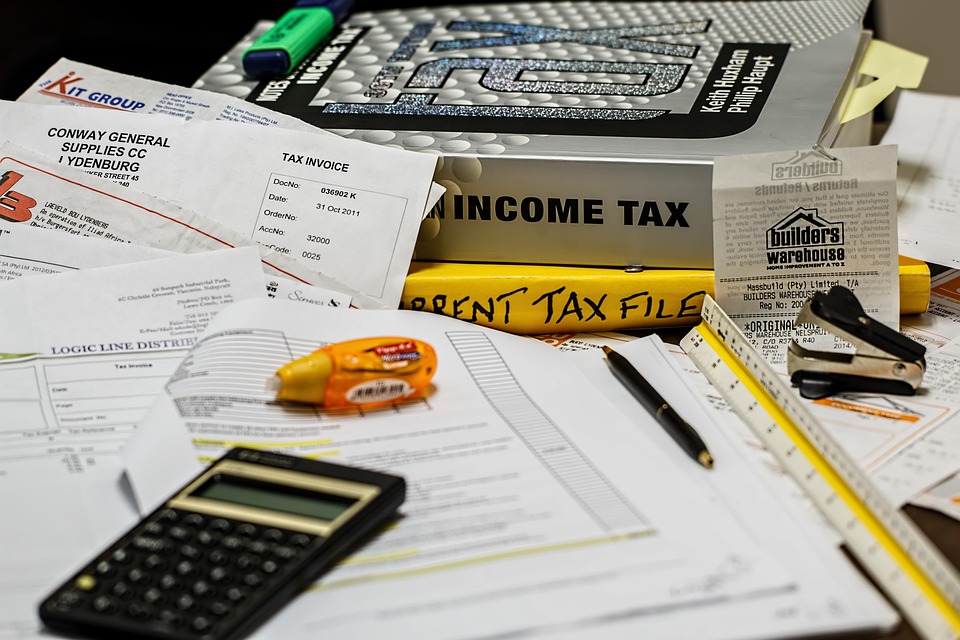Last updated Mar. 29, 2025 by Charles Zemub
The real estate market is a dynamic field with many moving parts. Sometimes, circumstances lead both buyers and sellers to reconsider their decisions. You might find yourself in a situation where you need to back out of a home purchase after your offer has been accepted. This article will guide you through the potential scenarios and legal aspects, helping you to navigate this complex process.
Understanding the Commitment
A home purchase offer is a legally binding contract. Once both parties sign the purchase agreement, they are obligated to proceed with the sale, barring a few exceptions. As a buyer, you need to be fully aware of the commitments made in the contract, including financial deposits and deadlines for various actions such as inspections and finalizing the mortgage.
Reasons to Back Out of a Home Purchase
-
Finance-related Issues: Sometimes, unexpected financial constraints arise post-offer. You may not get the mortgage rate you expected, or perhaps your financial situation changes due to job loss or other unforeseen circumstances.
-
The Home Inspection: One of the more common reasons buyers back out of an accepted offer is due to issues found during the home inspection. Mold, structural damage, or pest infestations can all be justifiable reasons to reconsider the purchase.
-
Appraisal Contingency Not Met: If a home’s appraised value is lower than the purchase price, the lender may not provide the full amount required for the mortgage, potentially providing grounds to exit the agreement.
-
Title Issues: If a title search reveals liens, easements, or other issues affecting the ownership of the property, it may not be the best decision to proceed.
-
Changing Personal Circumstances: Life events such as a change in employment status, family emergencies, or personal qualms about the neighborhood or home can also lead to a change in decision.
- Buyer’s Remorse: Although not a solid legal reason, sometimes a buyer simply changes their mind. It’s important to handle this delicately and legally if this becomes the case.
Steps to Back Out of an Accepted Offer
1. Review the Contract
Before making any decisions, thoroughly review the terms and contingencies in the purchase agreement. Look for any clauses that could allow you to back out without severe penalties.
2. Consult with a Real Estate Agent or Attorney
A real estate agent or attorney can provide clarity on your rights and obligations. They can help you explore your options and develop a strategy to exit the contract with minimal financial or legal repercussions.
3. Invoke Contingencies
Most real estate contracts have contingencies that allow a buyer to back out under certain conditions. The most common include:
- Inspection Contingency: Allows for withdrawal if significant issues are found during the inspection.
- Financing Contingency: If you’re unable to secure financing under the terms specified in the contract, this can be grounds for withdrawal.
- Appraisal Contingency: If a low appraisal affects financing, this contingency may allow for withdrawal.
4. Communicate Early and Honestly
As soon as you realize that withdrawing from the deal is the best choice, contact the seller or their agent. Clear and honest communication might help you negotiate a resolution without escalating conflicts.
5. Prepare for Possible Financial Loss
Understand the penalties associated with breaking the contract. You might lose your earnest money deposit or face other financial consequences depending on the terms of the agreement.
6. Formalize the Withdrawal
If you and the seller come to an understanding, ensure that the withdrawal is formalized through proper documentation. This could involve adding amendments to the contract to dissolve the obligation officially.
7. Reflect on the Situation
After backing out, reflect on the circumstances that led to the decision. This reflection could provide valuable insight for your future homebuying process.
Legal and Financial Implications
Earnest Money
Typically, earnest money is at risk if you back out of a deal without a valid contingency. This deposit demonstrates seriousness about buying the house and compensates the seller for the time the home has been off the market. If contingencies don’t cover your withdrawal, losing this money is a probable outcome.
Breach of Contract
If you back out without a legitimate reason, it may result in a breach of contract leading to possible penalties. These could involve forfeiting your deposit and, in some cases, the seller might sue you for additional damages if they incurred financial loss because of the failed contract.
Seller’s Recourse
The seller’s ability to pursue legal action largely depends on the jurisdiction and specific terms of the contract. They may keep the earnest money and potentially sue for damages.
Prevention: How to Avoid This Situation
-
Thorough Planning: Before making an offer, ensure you are financially and emotionally prepared for the commitment.
-
Detailed Home Inspections: Before finalizing a purchase agreement, conduct a detailed inspection to uncover any hidden issues.
-
Understand Contingencies: Familiarize yourself with standard contingency clauses and their implication on the contract.
-
Finance Pre-Approval: Secure mortgage pre-approval to avoid financing-related issues.
- Take Your Time: Rushed decisions often lead to buyer’s remorse. Analyze all factors, neighborhood details, and personal objectives before making an offer.
✓ Short Answer
To back out of an accepted home purchase offer, review the contract for applicable contingencies like inspections or financing that allow withdrawal without penalty. Consulting a real estate professional or attorney can assist in negotiating an exit strategy. Understand there may be financial losses, such as a forfeited earnest money deposit. Always communicate openly with the seller to reach mutual agreement. Proper reflection on the occurrence is crucial for informed future homebuying decisions.
FAQs
Q: Can I back out of a home purchase after signing the agreement?
A: Yes, but it often depends on the contingencies in your contract. Without valid contingencies, you may face financial penalties or legal consequences.
Q: What happens to my earnest money if I withdraw my offer?
A: Typically, you forfeit your earnest money if you back out without a valid reason. However, contingencies like inspection failure or financing issues may allow you to recover your deposit.
Q: What should be my first step if I want to cancel the home purchase?
A: Review your purchase contract thoroughly and consult a real estate agent or attorney to understand your options and any possible consequences.
Q: Can I be sued for backing out of a home purchase agreement?
A: Potentially, yes. If your withdrawal is deemed a breach of contract, the seller could sue for damages, especially if they experience financial loss due to the failed transaction.
Q: Are there any time limits on backing out of an agreement?
A: Yes, contingencies typically have deadlines. You must act within these time frames to avoid penalties or financial loss.
Navigating the complexities of withdrawing from a real estate deal demands careful consideration and an understanding of legal obligations. With this guide, you’re better equipped to handle the process with knowledge and confidence, minimizing adverse outcomes.





